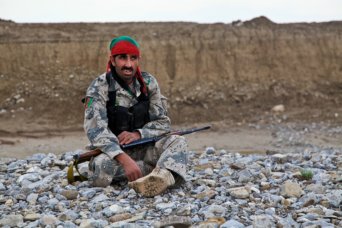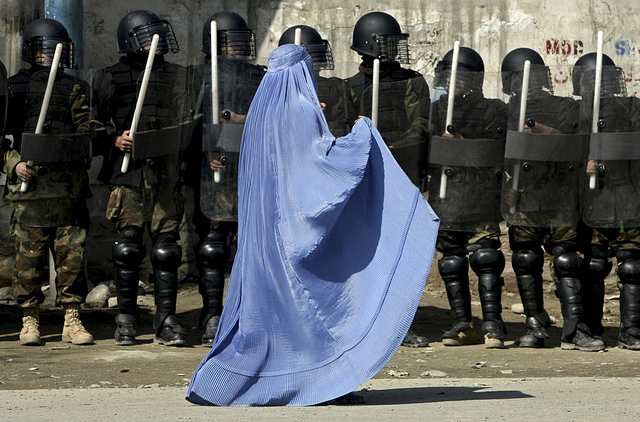- About
- Topics
- Picks
- Audio
- Story
- In-Depth
- Opinion
- News
- Donate
- Signup for our newsletterOur Editors' Best Picks.Send
Read, Debate: Engage.
| topic: | Rule of Law |
|---|---|
| located: | Afghanistan |
| editor: | Shadi Khan Saif |
From the Soviet-inspired communists to the rival factions of Mujahideen, the Taliban as well as the U.S.-backed technocrats, the Afghan elite has broadly enjoyed the impunity that it never deserved for its brazen crimes.
Born out of wasted interests of the local and foreign power brokers, the impunity offered to many such individuals and groups charged with gross violations of human rights and laws of the land is one of the driving forces behind the raging bloodshed in the country. It arguably is the single reason why things are not getting back on track despite such generous foreign funding and engagements.
When justice is not served, the rights and wrongs are not separated, in fact, the powerful outlaws continue to move up in ranks and wealth, with the future of such a society most certainly doomed.
Riding on a thin lead to grab the second term in top office, Afghan president Mohammed Ashraf Ghani now seems in a peculiar position to accommodate all in the so-called 'republic quarter' in a bid to enter peace parley with the Taliban from a position of strength. Behind the scenes, political wrangling means offering convicted human rights violators, such as the former vice president Abdul Rasheed Dostum, with more perks.
Alongside stalwarts of the likes of Dostum, a former warlord with strong backing from the country's ethnic Uzbek minority, the culture of impunity is also exploited by men such as Mehmood Karzai, brother of former president Hamid Karzai, who has been charged with the infamous multi-million dollar New Kabul Bank scam. He has been nominated for a cabinet position.
Another on the list is the new designated culture and information minister Taher Zuhair, blamed for allegedly being involved in smuggling relics of historical significance.
Much of the lack of accountability is also inspired by the U.S. policy of ensuring impunity for its service members charged with war crimes in Afghanistan. Washington has forcefully denied the International Criminal Court the access to probe such charges here.
As president Ghani embarks on forming a 'political cabinet' of ministers, he is at least expected by rights groups not to gather around him such convicted places that only tarnish the image of democracy in the name of it.
Without a clearly marked cut-off date for the patronage of corrupt individuals, abolishing policy of appeasement and above all the culture of impunity, the vicious cycle of violence in Afghanistan is not going to end soon.
Image by Amber Clay

